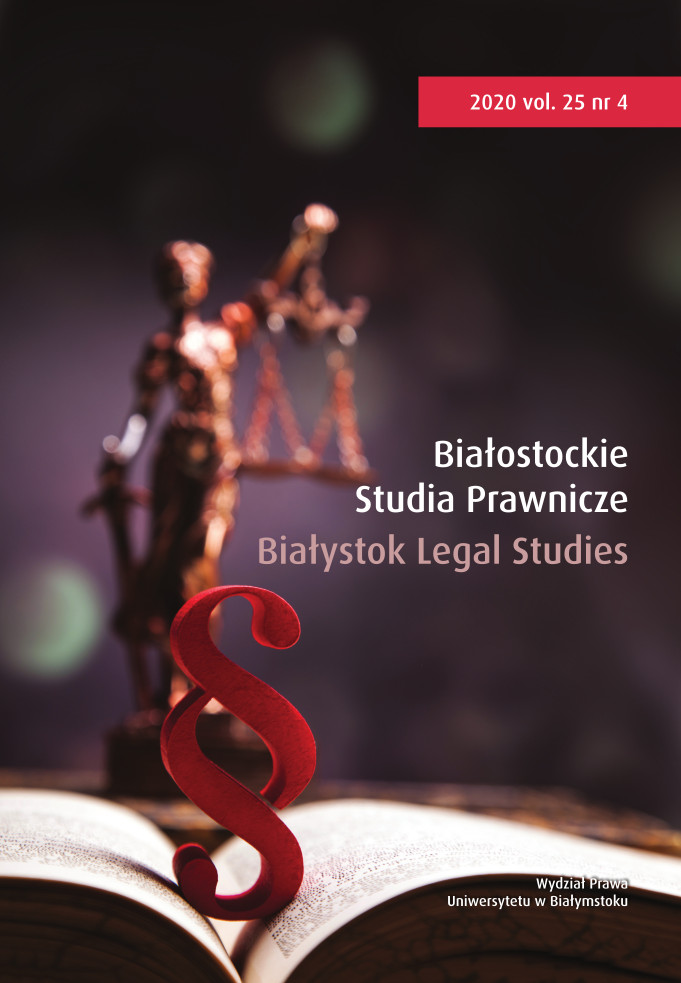The Theoretical and Practical Aspects of Distance Learning in Higher Education: Case Study of Belarusian Law Schools
Słowa kluczowe:
distance education, law teaching, BelarusAbstrakt
The right to education is a fundamental human right making possible the realisation of other rights of human beings. The authors starts the research with the core characteristics of the human right to education. Human rights law prescribes that education of all types and at all levels should be accessible for everyone and adaptable to respond to the changing world order. In these uncertain times distance education is considered an appropriate form of education that ensures the access to knowledge and professional skills to a broad group of learners. The researchers pay attention to the legal regulations and practical aspects of the provision of distance education in the times of the pandemic. Distance learning in Belarus is analysed in the context of higher education in general and in realm of legal education in particular. The article is enriched by the findings of the empirical research carried out among the academic staff of the Belarusian law school. The survey makes an attempt to assess the capacity of law teachers to provide online legal education.Bibliografia
Beiter K., The Protection of the right to education by international law: including a systematic analysis of article 13 of the International Covenant on Economic, Social, and Cultural Rights, Leiden: Brill 2006.10.1163/ej.9789004147041.i-738
Bucińska J., Społeczne prawa człowieka w Powszechnej Deklaracji Praw Człowieka, Rocznik nauk prawnych, t. XIII, zeszyt 1, 2003.
Daudet Y., Singh K., The right to education: the analysis of UNESCO’s standard -setting instruments, UNESCO 2001.
Gordon J-S., Is inclusive education a human right? Journal of law, medicine and ethics, winter 2013.10.1111/jlme.12087
Singh K., Issues and challenges to the right to education in the digital age, Report of the Special Rapporteur on the right to education, UN Doc. A/HRC/32/37.
The Framework for Priority Action for Change and Development of Higher Education, adopted with the World Declaration on Higher Education for the Twenty -First Century on 9 October 1998, ED-98/CONF.202/4.
Tomasevski K., Human rights obligations: making education available, accessible, acceptable and adaptable, Right to Education Primers No 3, Gothenburg 2001.
Tomasevski K., Preliminary report of the Special Rapporteur on the right to education, UN Doc. CN.4/1999/49.
Король А., Воротницкий Ю., Кочин В., Дистанция в образовании: от методологии к практике, Наука и инновации, №6 (208), июнь 2020 (Korol’ A., Vorotnickij YU., Kochin V., Distanciya v obrazovanii: ot metodologii k praktike, Nauka i innovacii, №6 (208), iyun’ 2020).
Лебедь С., ИТ в высшей школе – востребованная или вынужденная необходимость, Наука и инновации, №6 (208), июнь 2020 (Lebed’ S., IT v vysshej shkole – vostrebovannaya ili vynuzhdennaya neobhodimost’, Nauka i innovacii, №6 (208), iyun’ 2020).
Нiкалаева Н., Адукацыя на адлегласцi, цi Падводныя камяні анлайн-навучання, Звязда, 04.01.2018 (Nikalaeva N., Adukacyya na adleglasci, ci Padvodnyya kamyanі anlajnnavuchannya, Zvyazda, 04.01.2018).
Образование в Республике Беларуси, Статистический сборник, Минск 2019 (Obrazovanie v Respublike Belarusi, Statisticheskij sbornik, Minsk 2019).
Хватик Ю., Образовательные технологии как основа эффективного обучения, Наука и инновации, №6 (208), июнь 2020 (Khvatik Y., Obrazovatel’nye tekhnologii kak osnova effektivnogo obucheniya, Nauka i innovacii, №6 (208), iyun’ 2020).



